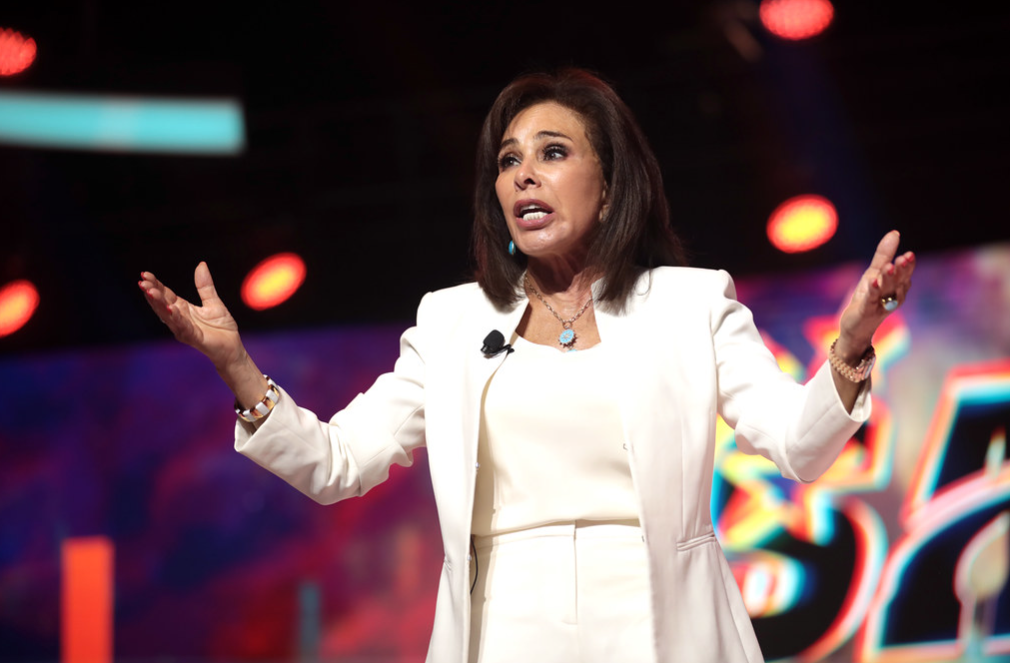A recent discussion on Mumsnet, a popular British parenting website, has sparked considerable debate online after a mother declared her decision to restrict grandparents from changing her newborn’s diaper to protect the baby’s privacy. The mother, emphasizing her commitment to privacy and consent, stated she preferred that only she and her partner handle diaper changes unless absolutely necessary, such as during babysitting or nursery care.
The issue came to the fore when her mother-in-law changed the baby’s diaper without her prior consent. This action led to discomfort for the baby, who cried throughout the process, and frustration for the mother, who felt that her boundaries had been disregarded. She expressed these concerns online, noting that while she refrained from addressing it directly at the moment to maintain harmony, she now feels compelled to establish clearer boundaries with her mother-in-law.
Many users on Mumsnet responded to her post, with opinions varying widely. Some sympathized with her desire to establish boundaries and protect her child’s privacy, while others questioned the practicality of her approach. Critics argued that expecting grandparents not to change diapers was unrealistic and overly restrictive, especially if they are involved in childcare. They suggested that the mother’s issues might stem more from personal grievances with her mother-in-law than from concerns about privacy or consent.
Moreover, several commenters pointed out that if the mother trusts nursery staff and babysitters to change her child’s diapers, excluding grandparents could seem inconsistent and unfair. They recommended that she consider the benefits of family involvement in her child’s care, which can foster strong familial bonds and provide necessary support.
The debate also touched on broader themes of privacy, consent, and familial relationships in modern parenting. Some commenters noted that while it’s crucial to protect children, parents must also navigate the complexities of family dynamics and support systems gracefully and respectfully.
As discussions continue, the mother’s situation highlights the challenges and nuances of setting boundaries within families, especially concerning the care and upbringing of children. It raises important questions about how to balance parental preferences with the practicalities of shared childcare among extended family.




